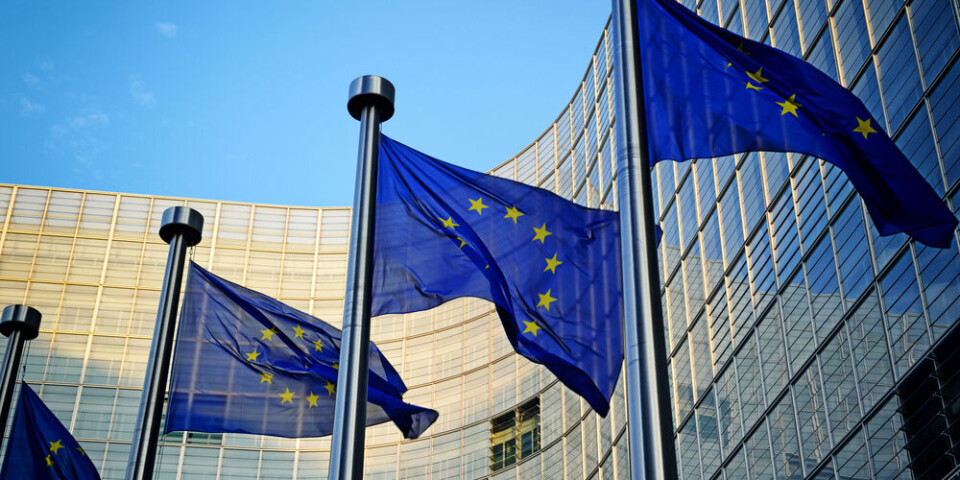Confirmed: France’s minimum wage will not automatically rise on January 1
Recent increase placed ‘Smic’ above expected inflation levels at the start of the new year
The new prime minister may choose to increase the minimum wage, but is not obliged to
PawelKacperek/Shutterstock
France’s minimum wage will not automatically increase on January 1 next year – as is usually the case – as a recent increase by former prime minister Michel Barnier outstripped the inflation rate used to calculate any required increases.
It means the minimum wage will remain at the level in place since November 1, 2024 – a monthly net wage of €1,426.30 for a full-time worker.
New prime minister François Bayrou may choose to ‘boost’ the minimum wage, but is not obliged to do so.
Read more: Centrist François Bayrou announced as new French prime minister
Why is the minimum wage not increasing?
The salaire minimum interprofessionnel de croissance (minimum wage, often called Smic) increases on January 1 each year, tied to the previous year’s inflation and hourly wages of manual and clerical workers.
However, if inflation on household goods (excluding tobacco) exceeds 2% over the course of the year for the poorest 20% of households, it is again automatically increased (without needing parliamentary approval).
Recently ousted ex-prime minister Michel Barnier opted to increase the Smic earlier this year, providing a small purchasing power boost to workers on this wage.
He opted to increase the Smic by 2% from the then-levels, with the new rates coming into force from November 1, 2024.
Read more: France’s minimum wage sees November increase
Mr Barnier anticipated that inflation would reach the threshold for an automatic increase, and to implement the change in advance to increase household purchasing power.
Since then however inflation levels have remained stable, and end-of-year annual inflation is set to be 1.9% according to national statistical bodies Dares and Insee.
This leaves the annual increase lower than the 2% hike seen in November.
An independent group of economists assessing the minimum wage in France state it has increased 17% since the end of 2020.
This comes through a combination of automatic increases on January 1, and a number of ‘anticipated’ increases approved by the government, including Mr Barnier’s change in November.
Inflation in the same time frame increased by 15% – lower than the overall Smic increase, increasing the purchasing power of those on minimum wage.
At the same time, however, Dares estimates there was a 50% increase in the number of people earning minimum wage between 2021 and 2023.
Read more: What is France’s Smic minimum wage?






























